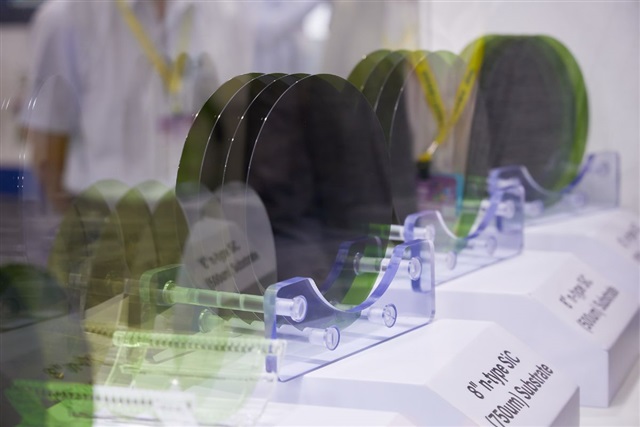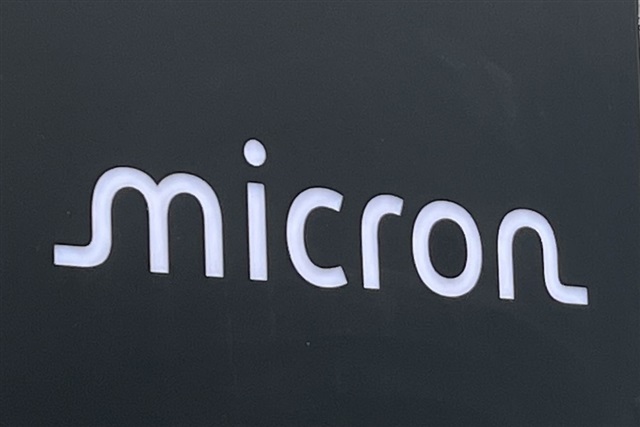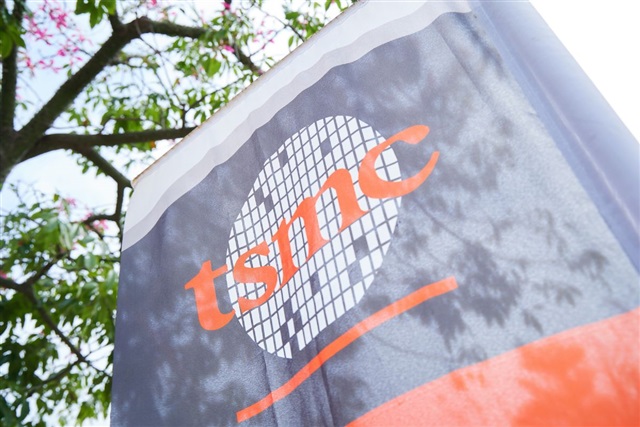Interior sensing technology from Smart Eye and TI enables automakers to deliver safer and more engaging in-cabin experiences for the driver and vehicle occupants.
GOTHENBURG, SWEDEN and BOSTON, MA / ACCESSWIRE / March 15, 2023 / Smart Eye, (STO:SEYE)(OTC PINK:SMTEF)(FRA:SE9) the global leader in Human Insight AI, today announced a collaboration with Texas Instruments (TI) (Nasdaq: TXN). The companies' technologies work together to provide automakers with an innovative interior sensing solution that improves driver safety, and enables in-cabin experiences that enhance comfort, wellness, and entertainment. Running on TI's new AM62A7-Q1 automotive qualified vision processor, Smart Eye's award-winning Automotive Interior Sensing AI provides critical safety features to upcoming car models going into production in 2023 and 2024. Fully compliant with new General Safety Regulations (GSR) and European New Car Assessment Programme (Euro NCAP) requirements, the solution enables higher performance and more cost-effective implementations in vehicles, to realize a collision-free future.
As GSR and Euro NCAP requirements make advanced sensing features mandatory in new vehicles in Europe, automakers now require advanced processing chips that deliver the right performance without sacrificing critical system resources, such as power, size, weight, and cost. Smart Eye's Automotive Interior Sensing AI combines its industry-leading Driver Monitoring System (DMS) software with Cabin Monitoring System (CMS) software to bring deep, human-centric insight into what is happening with all occupants inside of a vehicle.
Smart Eye's software solution supports the new AM62A7-Q1 vision processor and family of devices as well as the TDA4VM-Q1 automotive processor and family of devices for different use cases. Automakers are able to easily scale their designs and optimize performance from one car model to the next by reusing TI's device IP and single software development kit across their vehicle line up.
The AM62A7-Q1 device offers integrated ISP that can handle 5 MP at 30 frames per second, support for up to two RGB-IR cameras and a highly efficient 2 TOPS deep learning accelerator. With a high level of system integration, the TI systems on chip (SoCs) enable scalability and lower costs for advanced automotive platforms supporting multiple sensor modalities in centralized ECUs or stand-alone sensors, such as infrared cameras. Using these cameras, Smart Eye's AI-based software detects various levels of driver distraction and drowsiness as well as the attention, emotions, and activities of all occupants in the vehicle, including the objects they use. This data lets automakers adapt safety measures and advanced driver assistance systems (ADAS) in real-time - improving road safety and enhancing the mobility experience for the driver and all other occupants in a vehicle.
"Smart Eye's Interior Sensing AI is designed to run on a large variety of automotive SoCs," said Martin Krantz, Founder and CEO of Smart Eye. "We are especially excited to collaborate with TI to combine their state-of-the-art chipsets with our deep learning expertise and deliver advanced safety and mobility features that run with the highest power efficiency and performance accuracy."
"The collaboration of TI with Smart Eye allows automakers to design best-in-class driver and occupant monitoring systems, increasing the overall safety of the vehicle," said Sameer Wasson, vice president and general manager of Processors at TI. "By leveraging our new family of vision processors-coupled with Smart Eye's advanced AI software-automakers are able to create a powerful interior sensing solution that supports multiple modalities and runs at the highest levels of reliability and efficiency."
Abonnieren fuer regelmaessige Marktupdates.
Bleiben Sie auf dem neuesten Stand der Branchentrends, indem Sie unseren Newsletter abonnieren. Unser Newsletter ist Ihr Zugang zu erstklassiger Marktexpertise.

The US has initiated a Section 301 investigation into China's mature semiconductor processes and third-generation silicon carbide (SiC) semiconductors. Supply chain operators state that the increa

In 2025, we expect 9.5% growth in the global semiconductor market, driven by robust demand for data centre services, including AI. However, growth in other, more mature segments is expected to be stag

Taiwanese chip manufacturer TSMC has announced a $100 billion investment in the United States, aiming to build five additional semiconductor facilities.The plan was revealed by TSMC CEO C.C. Wei along

Prices of mature process memory, long hit by oversupply due to fast capacity expansion at Chinese makers, are expected to rebound, thanks to the Chinese government's consumption stimulus programs.

With the ongoing development of new-generation processors, the introduction of PCIe Gen5 specifications into high-end PC applications is set to commence in 2025. According to Micron Technology, Gen4 p

The global market is watching how TSMC, pressured by the US, might assist Intel's foundry operations, while Samsung Electronics and Rapidus, also facing challenges, may similarly require TSMC'